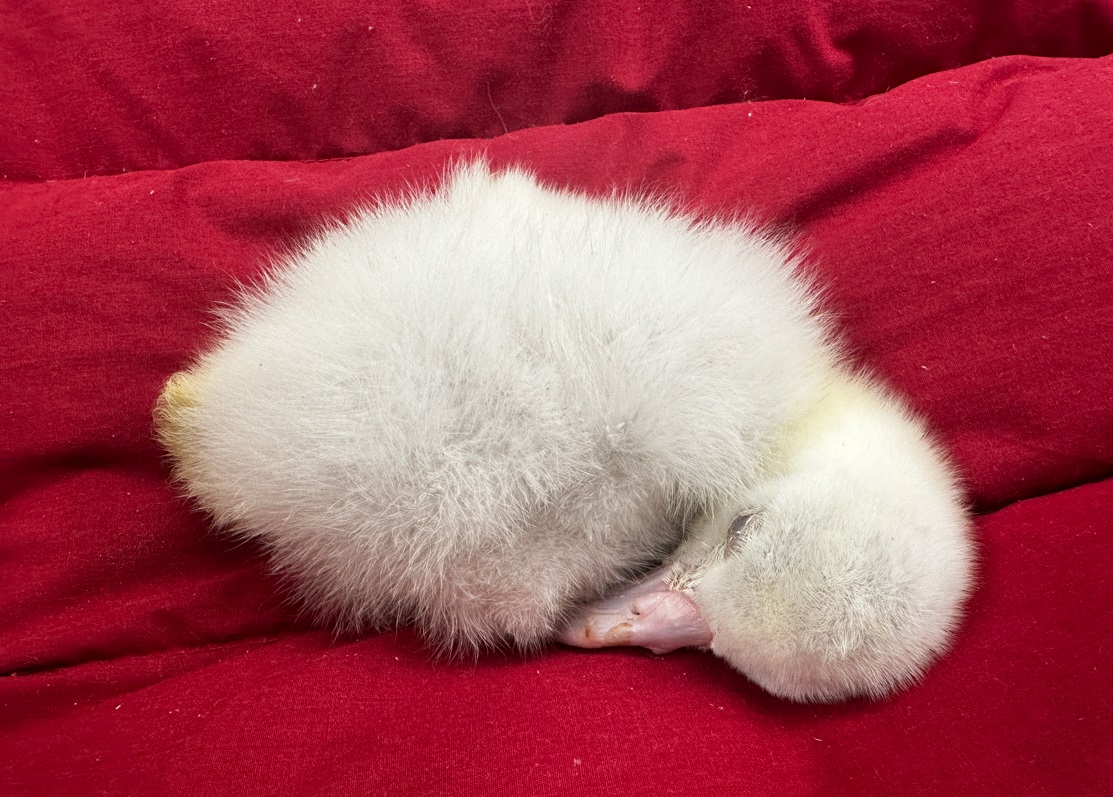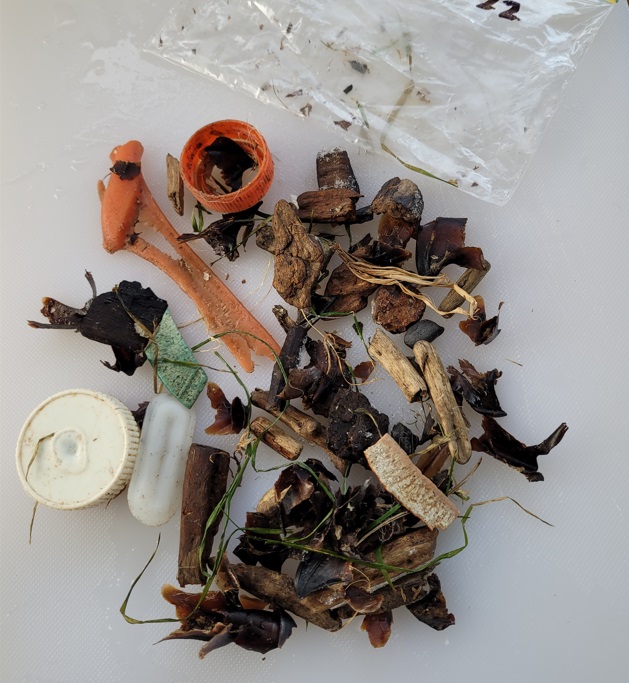
The Department of Conservation (Doc) said the death of the 10-day old northern royal albatross (toroa) chick highlighted the issue of plastic pollution for seabirds.
Doc Coastal Otago biodiversity ranger Sharyn Broni said the death was the first of its kind at the Pukekura/Taiaroa Head colony on Otago Peninsula.

‘‘The parent will have picked up the plastic while foraging at sea and then regurgitated it for the chick, which unfortunately has blocked the digestive system.
‘‘This heartbreaking incident is a reminder it’s vital to dispose of plastic rubbish carefully.
‘‘People can also help by picking up litter they see on beaches, near waterways, or out on the ocean.
‘‘Every piece you pick up could save a seabird’s life.’’
Mrs Broni said Doc staff found plastic in almost all the toroa chick regurgitations checked last season.
Bottlecaps were the most common plastics seen, but a plastic syringe was among the detritus found.
In May 2021, a 9cm plastic pony toy was found in a chick’s nest, it had been regurgitated, but not swallowed.
Plastic pollution was a serious threat to seabirds such as albatrosses, which could mistake floating plastic for food.

‘‘As well as being a risk for chicks, it can also kill adult birds because it sits in the stomach and they can’t digest it, causing dehydration or starvation.’’
Dunedin Wildlife Hospital director Lisa Argilla said vets were distressed plastic had caused the death of the chick.
Soft ‘‘but very tough’’ plastic was discovered during a necropsy of the young bird.
The plastic had caused an obstruction in the gastrointestinal tract ‘‘which ultimately led to starvation and organ failure’’.
‘‘We echo the call from Doc to please dispose of plastic carefully, even better would be to try to limit how much plastic you use and therefore reduce waste,’’ she said.












